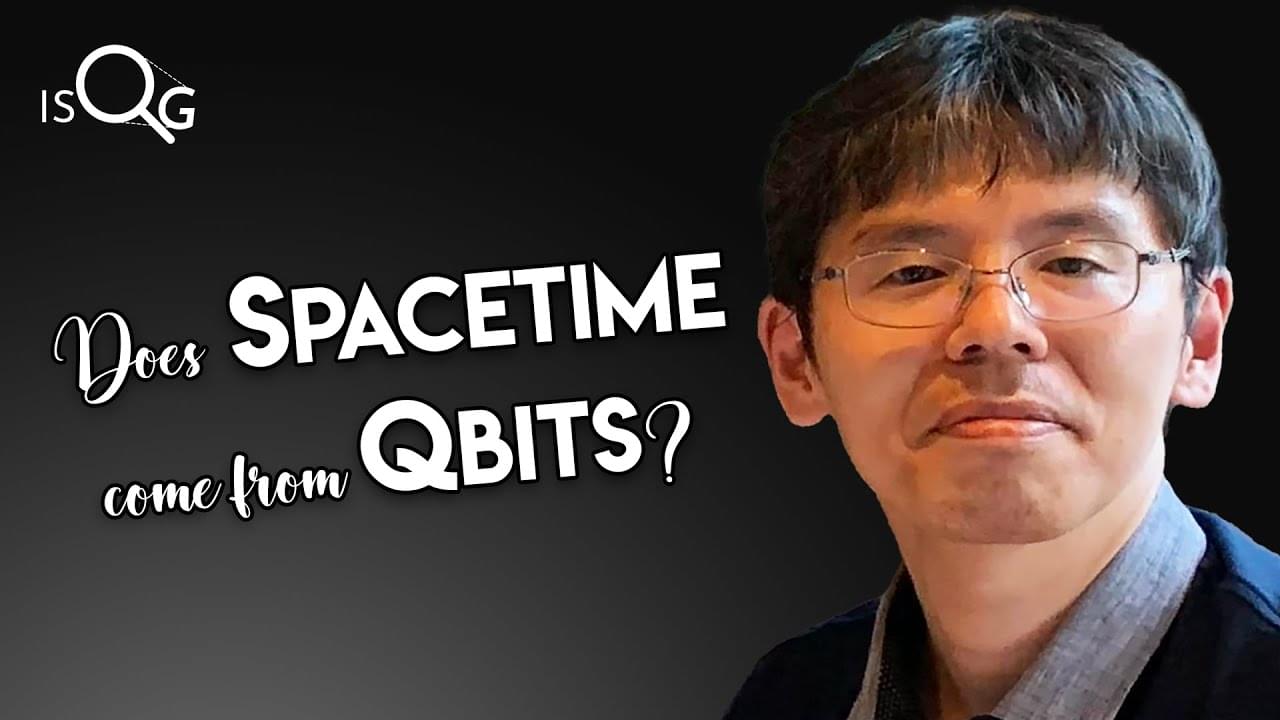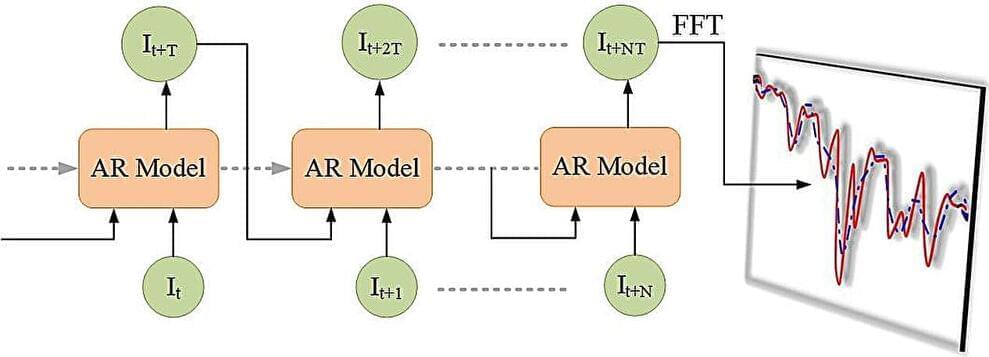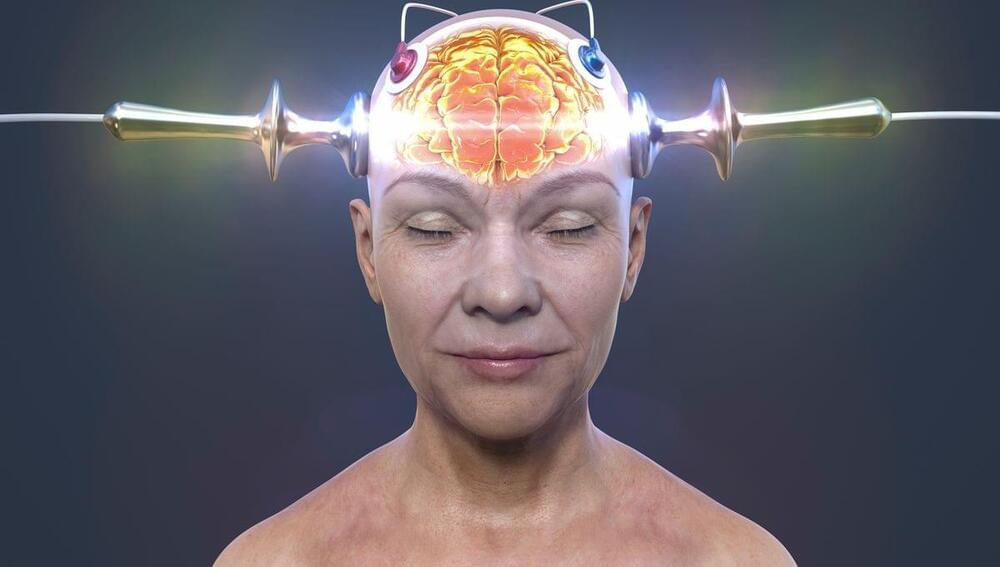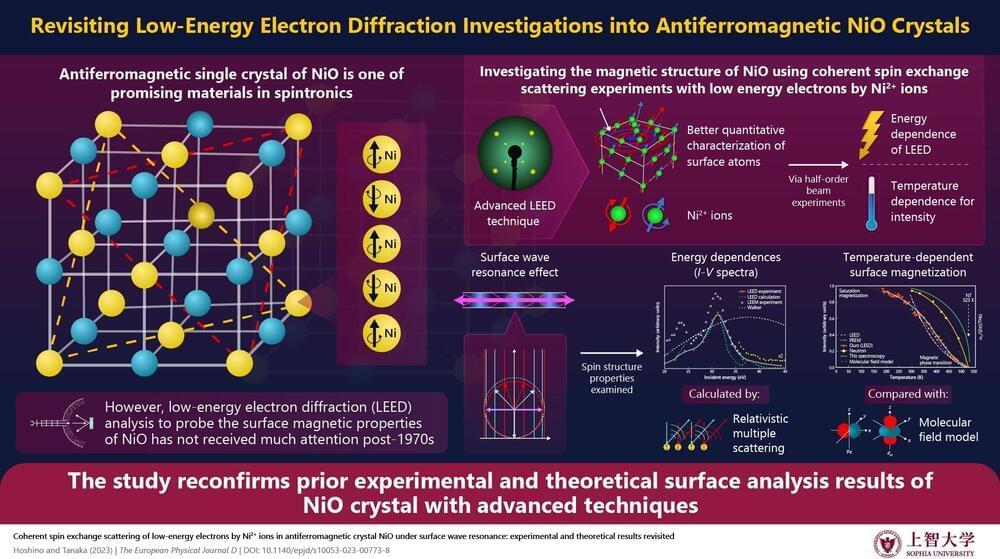Mar 9, 2024
Breaking Barriers in Quantum Research: Magnesium-Coated Tantalum Unveiled
Posted by Saúl Morales Rodriguéz in categories: computing, quantum physics
Scientists at the DOE’s Brookhaven National Laboratory have discovered that coating tantalum with magnesium significantly enhances its properties as a superconducting material for quantum computing. This coating prevents oxidation, increases purity, and improves the superconducting transition temperature of tantalum, offering promising advancements for the development of qubits and the future of quantum computing.
Scientists at the U.S. Department of Energy’s (DOE) Brookhaven National Laboratory have discovered that adding a layer of magnesium improves the properties of tantalum, a superconducting material that shows great promise for building qubits, the basis of quantum computers.
As described in a paper just published in the journal Advanced Materials, a thin layer of magnesium keeps tantalum from oxidizing, improves its purity, and raises the temperature at which it operates as a superconductor. All three may increase tantalum’s ability to hold onto quantum information in qubits.

















